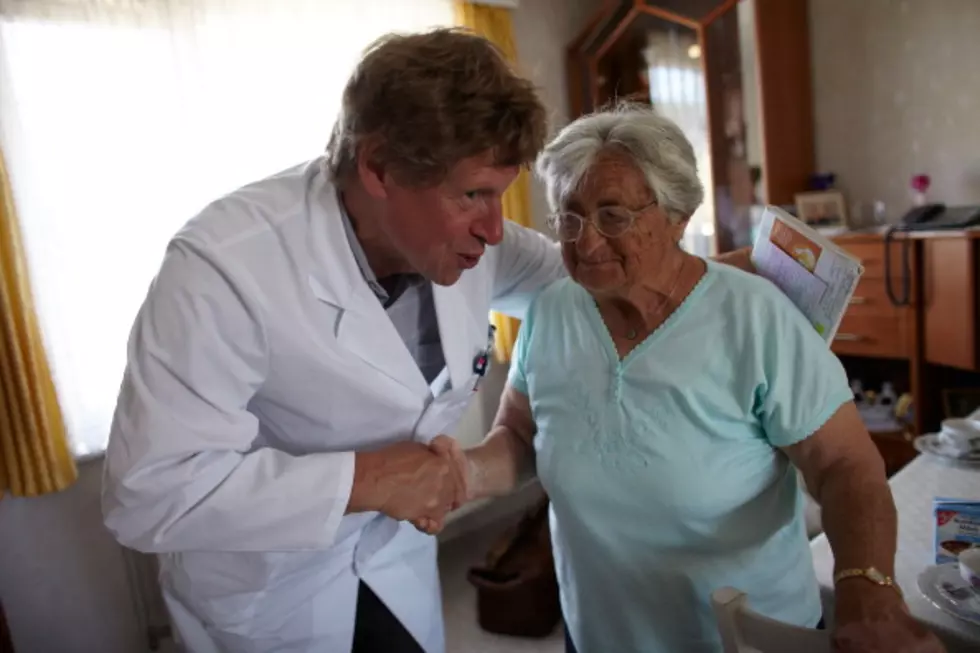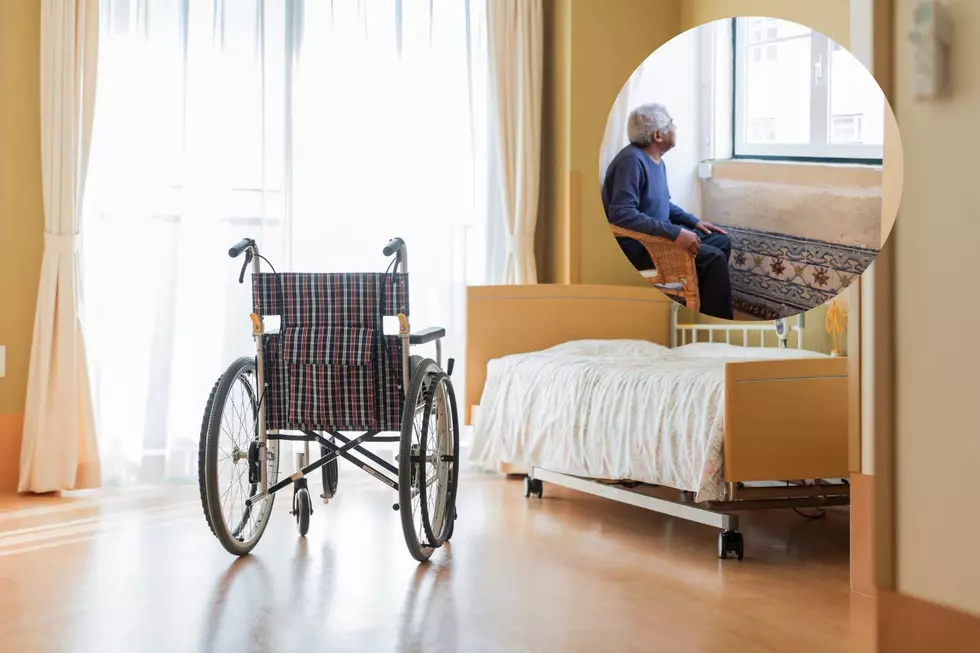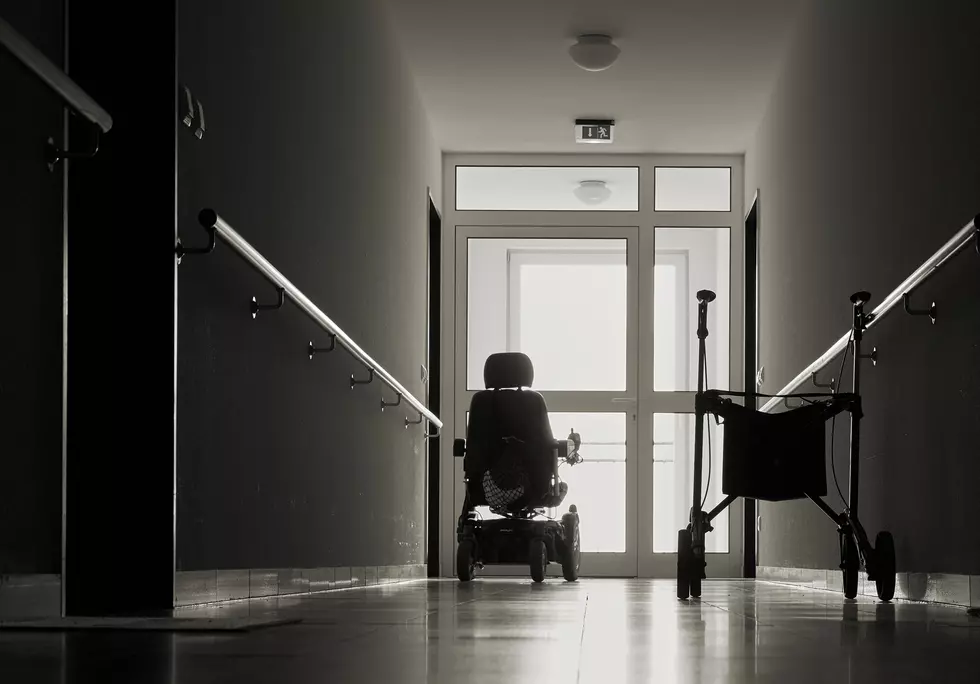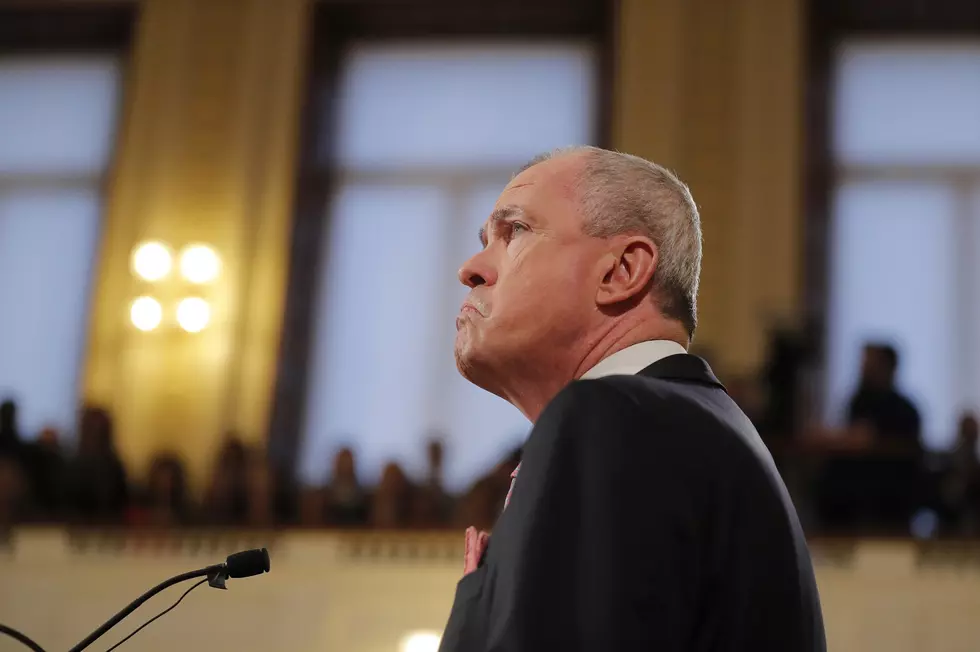
NJ Gets Permission to Change Medicaid System
New Jersey residents receiving Medicaid benefits may find it easier to get care at home rather than move into a nursing home, under changes state officials are planning since getting federal approval to make them.
State Human Services Commissioner Jennifer Velez announced Thursday the federal government approved the state's request from last year to ignore several rules of the state-federal program for low-income patients for five years and try a state approach.
The state plans to save money with the changes, although it is not clear yet how much, to make it easier for older residents and people with physical and developmental disabilities to stay at home rather than move into nursing homes or other institutions for care, and to reward hospitals that improve care.
The state will receive the same amount of money from the federal Medicaid program -- more than $5 billion per year. "For New Jersey, it's very positive, very exciting," Velez said.
The U.S. Centers for Medicare and Medicaid Services rejected other requests Gov. Chris Christie's administration made, including eliminating retroactive Medicaid eligibility and reimbursing the state $107 million for Medicare-covered services wrongly billed to Medicaid.
Velez and state Health Commissioner Mary O'Dowd said on a conference call that they have been working with the groups that will be affected and expect changes to be swift, but do not have a precise timeline.
With the changes, people receiving Medicaid will be moved to a new managed-care system.
Velez said one major benefit for recipients is that the new system will not have a bias toward institutionalization.
She said that means Medicaid money could be used to provide at-home services that are now available only in nursing homes. While it will likely delay people's moves to nursing homes, she said, the program will not mean moving frail people out of the homes.
Similar changes are also in store for children and adults diagnosed with developmental disabilities.
The plan also would change the way hospitals receive part of their federal subsidies. O'Dowd said the federal government intended to stop giving the state about $128 million annually in matching money for hospital subsidies. Under the new program, the state will continue to receive the money but will award it differently. Hospitals will receive the money as rewards for improving goals that they set rather than simply for seeing patients.
O'Dowd said Texas and California are taking similar approaches. Hospitals will continue to be reimbursed separately for treating Medicaid patients.
(Copyright 2012 by The Associated Press. All Rights Reserved.)
More From New Jersey 101.5 FM









